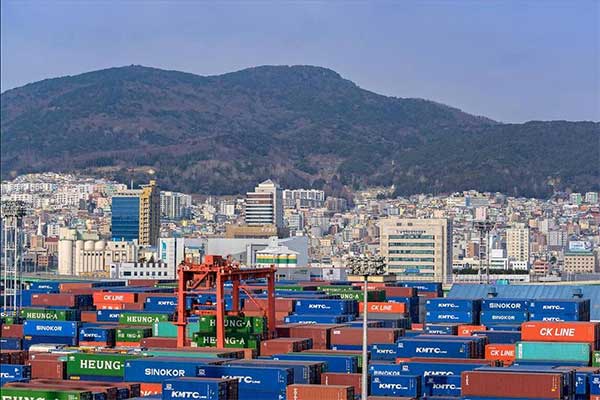
What is FOB?
In international trade,FOB (Free On Board)is a commonTrade terms, indicating the seller is responsible for delivering goods to the designated port and bearing all risks and costs before loading. Once goods pass the ships rail, risks and costs transfer to the buyer.
FOB application scenarios
FOB terms are widely used inThe Maritimetrade, especially suitable for bulk commodities and loose cargo transportation. Below are typical FOB application scenarios:
- Bulk commodity transactions: such as coal, ore, grain, etc.
- Loose cargo transportation: such as mechanical equipment, chemical products, etc.
- Long-term contracts: buyers and sellers agree to use FOB terms in long-term contracts to ensure transaction stability and predictability.
FOB advantages and disadvantages
Using FOB terms has unique advantages and disadvantages that buyers and sellers must weigh based on specific circumstances.
- The advantages:
- Sellers only need to handle loading, simplifying operations.
- Buyers can better control transportation and insurance, reducing risks.
- The shortcomings:
- Buyers must bear all post-loading risks and costs, increasing management complexity.
- Sellers must ensure cargo meets contract requirements before loading, increasing preparatory work.
FOB compared with other trade terms
To better understand FOB, we can compare it with other common trade terms:
| Terminology | Risk transfer point | Cost responsibility |
|---|---|---|
| FOB | When goods pass ships rail | Seller bears pre-loading costs, buyer bears post-loading costs |
| The CIF | When goods arrive at destination port | Seller bears freight and insurance costs |
| EXW | When goods leave sellers factory | Buyer bears all costs |
How to choose suitable trade terms?
Choosing suitable trade terms requires comprehensive consideration of:
- Cargo nature and transportation method: bulk commodities suit FOB while high-value goods may suit CIF better.
- Parties risk tolerance: buyers preferring transport control may choose FOB; sellers preferring simplified operations may choose CIF.
- Market conventions and industry standards: certain industries have specific trade term customs that should be followed.
FOB practical cases
Below is an actual FOB term application case:
A Chinese exporter and European importer signed a coal supply contract using FOB terms. The exporter delivered coal to Tianjin Port for loading, after which all risks and costs transferred to the importer. The importer arranged shipping and insurance to ensure safe arrival. Through FOB terms, both parties clarified responsibilities and risks, ensuring smooth transaction execution.
Conclusion
FOB, as a key term in international trade, is widely applied and highly significant. Understanding the meaning and application scenarios of FOB helps both buyers and sellers better allocate risks and costs in transactions, ensuring smooth trade operations. We hope this article provides valuable reference and guidance for your foreign trade transactions.


 Follow Customer Service WeChat
Follow Customer Service WeChat